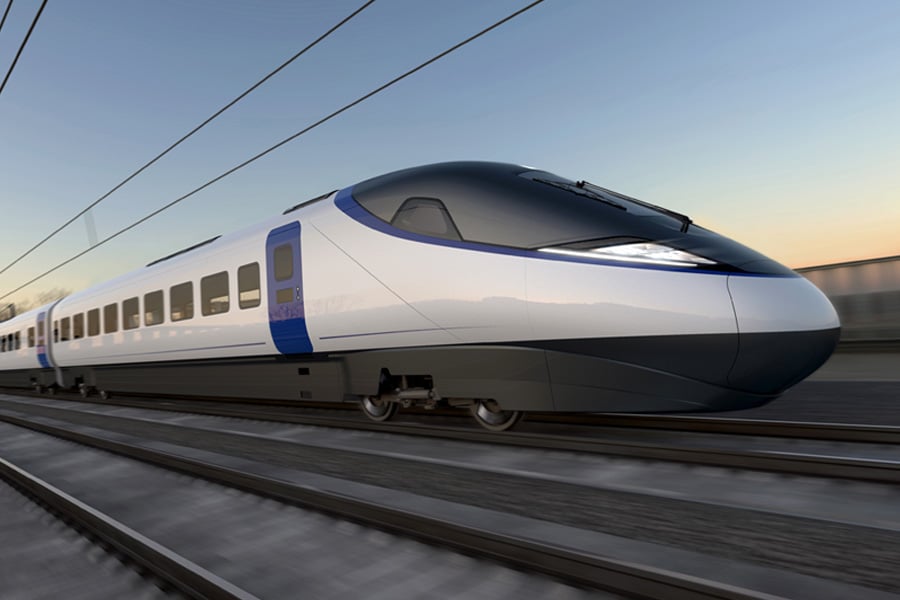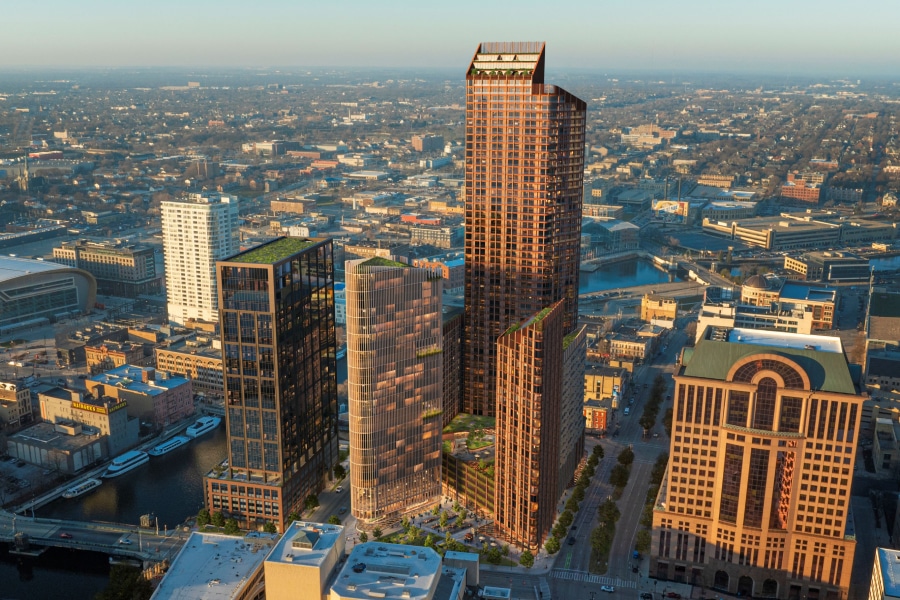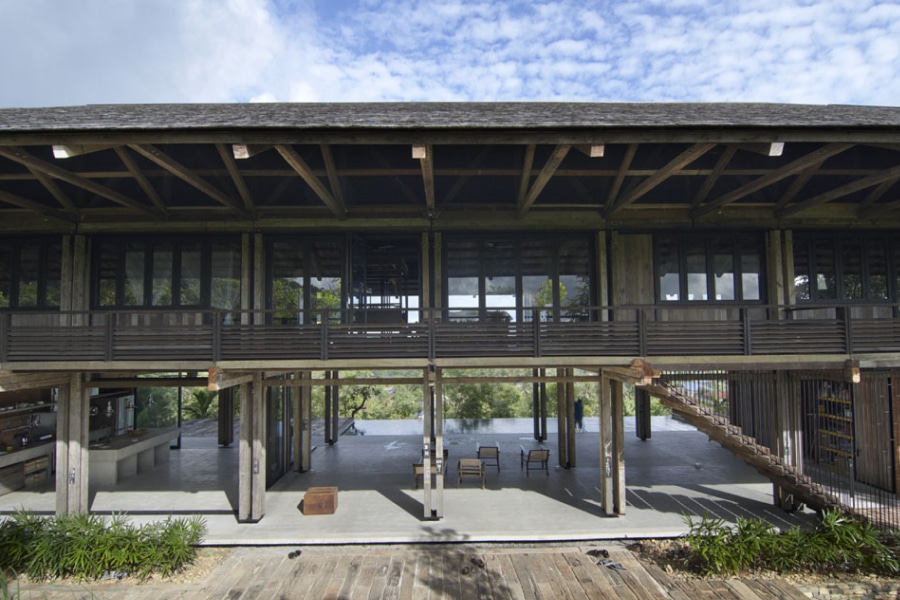It’s a familiar sight: Overflowing bins heaving with broken bricks, rusty metal and partly rotted wood beams. Usually, all it takes is one phone call and this construction waste is hauled away, instantly forgotten. Of the 600 million tons of debris the Environmental Protection Agency estimates is created by the construction industry each year, a quarter of it ends up in landfills.

San Francisco-based industrial designer Sasha Plotitsa sees tremendous potential in those piles of twisted pipes and splintered timber. In March 2020, he launched Formr, a socially responsible furniture company that picks up construction waste and transforms it into colorful pieces of handcrafted, practical art, including floating nightstands, laptop desks, shelving and wine racks.
Plotitsa calls it “good design, doing good,” because not only does he give these discarded materials new life, but his mission is to do the same for people recently released from prison. Each item showcases the materials used to build things we use and love, along with the people who make them.
“I never thought I’d be involved in a business that was connected to the re-entry population,” Plotitsa said. “It’s been a very unique and rewarding experience to see the positive impact that Formr has had on people.”
A lifelong mission
Formr represents the crossroads of Plotitsa’s career experiences.
The son of a contractor, Plotitsa grew up seeing construction waste clogging dumpsites. In 2009, he designed San Francisco’s MediThrive cannabis dispensary, when he became aware of the large number of people in prison for drug-related offenses and the difficulties they faced outside of prison. A few years ago, Plotitsa decided to create a socially responsible startup that addressed both problems.
“It’s not easy coming out of incarceration to start your life over, find a place to live and a job, make new friendships and relationships, stay sober and out of crime,” Plotitsa said. “There’s a lot of obstacles.”
ALSO ON BUILT:
The U.S. Department of Justice estimates that five out of six state prisoners return to some form of crime after they’re released. Plotitsa aims to battle recidivism and give formerly incarcerated people the chance to forge a new path for themselves.
Working with a network of more than 60 Bay Area organizations, Plotitsa has so far employed seven ex-inmates. Two are still working with him in the 3,000-square-foot retrofitted mechanic shop he’s transformed into a maker’s workshop. Plotitsa trains them to clean and prepare the salvaged materials for their next incarnation.

Sourcing material around the clock
Plotitsa works regularly with about five local contractors, who alert him about upcoming demolition projects. He must be ready to pick up the material no matter when it’s ready. One of Plotitsa’s local sources for materials, CB Construction, describes Formr as a win for everyone.
“We give Formr access to the old growth redwood lumber that we demo from San Francisco homes,” said general contractor Dmitry Shapiro. “It makes me very happy to have this strong and beautiful wood get recycled into furniture rather than taken to the dump.”
“Sasha is a self-made entrepreneur with a keen sense of design and a get-it-done ethos,” Shapiro continued. “When he shared his ideas for Formr and asked for our old wood, I thought he was nuts, but he’s making it work and I’m proud to help. I think it’s great that he hires ex-cons and teaches them wood-working skills that they can continue to use.”
Plotitsa’s team works mostly with lumber, and since most of the jobsites are residential, the material comes from old houses—mostly old redwood or Douglas fir.
“Beggars can’t be choosers, and most of the wood requires a lot of work to remove nails, screws, staples and wires,” Plotitsa said. “After everything’s clean, we’ll plane it, clean it and fill the holes. Then we’re finally ready to fabricate with it.”
Making “objects of conviction”
Formr’s most popular items include the overLAP table, the Re-entry wall shelf and the TIPsy wine rack. There’s also a trade pricing program for designers.
“I’m a curious person by nature, so I’m always trying to find solutions that come to my mind from the limitations I experience,” explained Plotitsa of Formr’s current collection of 10 products.

“Every couple of months, we try to unveil new products and keep that interest going,” Plotitsa said. “I approach a concept by redefining the object—does that table need to have four legs or can we do three?—to see how we can either improve on it, make it more interesting or add functionality. We paint things in bright colors because often the material is pretty beat up—if we stain or clear-coat it, it doesn’t look as finished.”
Supporting a bigger vision
Many of Formr’s design-loving customers across North America appreciate buying items that both tell a story and promote sustainability and hope, Plotitsa said.
“I feel great about what we’re doing, the people that we’re helping and the debris that we’re reincarnating,” he said.
“Hopefully, it inspires others to get involved. My vision is that over the next two or three years, we’ll have other similar locations throughout the country. People are always leaving prison; they need support and opportunities. The more people we can give hope and a new sense of identity to and the more waste we can keep out of landfills, the better.”












